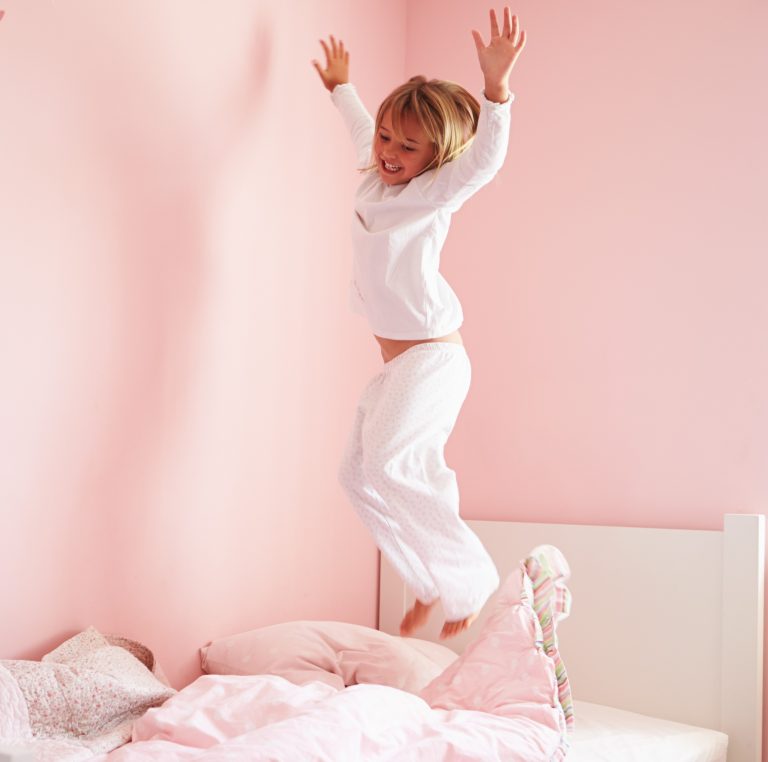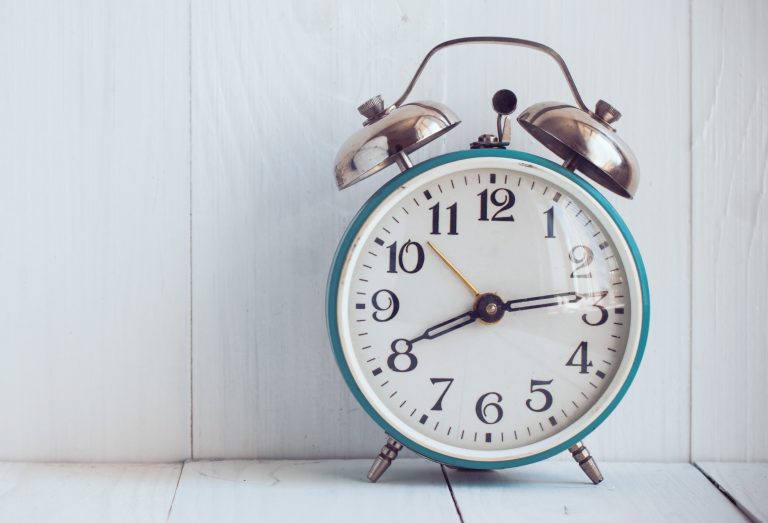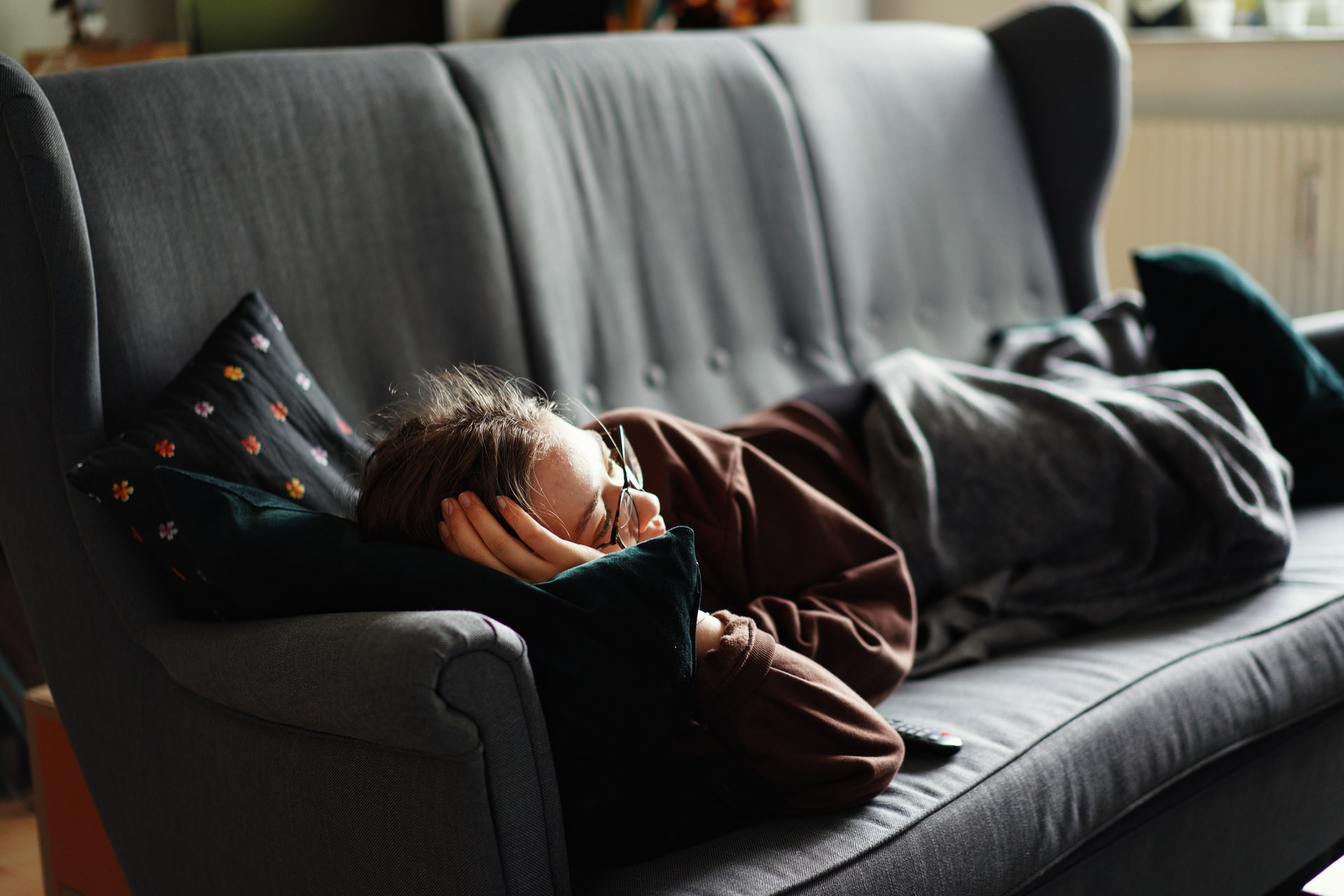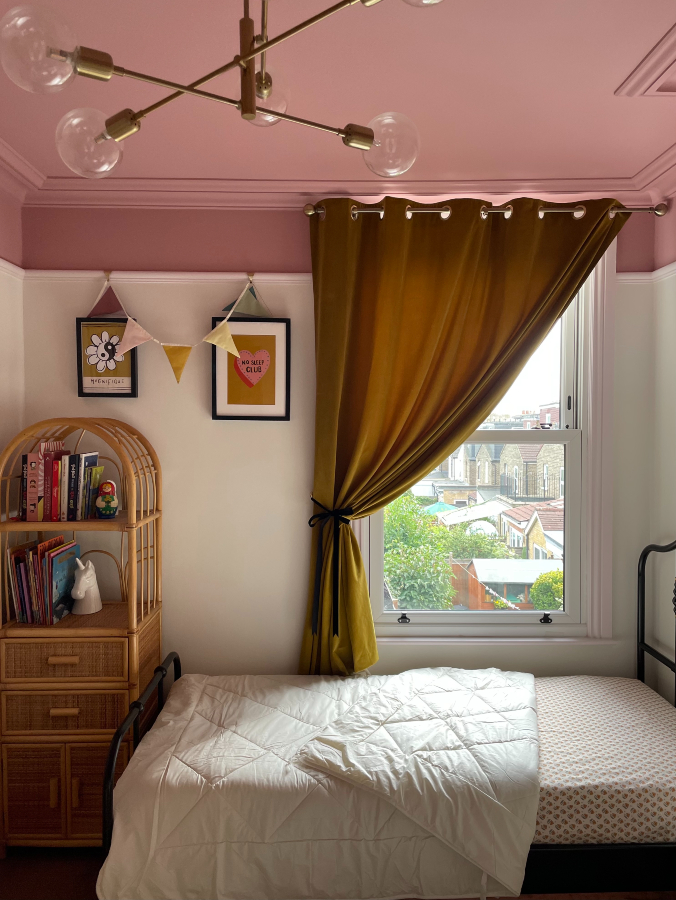Tips to help your children sleep

When it comes to children and sleep, we understand that it’s not always a straightforward process getting your little ones to drift off with ease. After the sleepless nights, it can be easy to give in to the tantrums and break the routines you're longing for.
It’s important to figure out the process which works best for you and your family's sleeping habits. Start to think about your long-term goals and work backwards from there. Like every adult, every child has unique sleeping preferences, and with age having such a huge effect on our sleep cycles, we shouldn’t be frustrated when our children don’t sleep as well as we do.

Exploring the books and expert opinions can leave you asking more questions than you started with, not knowing which route to follow. So, with the help of Nicki Dawson, The Children’s Sleep Council CEO, we’ve picked out a selection of children’s sleep FAQs to try and help shed some light on the tips and tricks that exist to help get your children to sleep..
What time should children go to bed?
Parents may differ in the exact time that they put their little ones down, and this is OK. The time will depend on when they wake and how well they sleep during the night. But whatever that time may be, after the age of 6 months, it’s important to begin a sleep routine. Before the age of 6 months, children are less cognitively aware and less likely to pick up a routine for sleep.

Our 3 top tips for starting a good bedtime routine:
Calm before the storm
Hopefully, with the following tips, there won’t be a so-called “storm” at bedtime, however the “calm” is still very important. Unlike adults whose cortisol levels consistently drop throughout the day, children can gain extra boosts – even when they’re tired! This means that taking part in overly exciting games and activities before bed could prevent your children from feeling tired. Try a calming bath, sleepy storytime and relaxing music to help prepare them for drifting off.
Be resilient
Once you introduce the sleep routine which works best for you and your child, try and stick to it for at least 2-3 weeks. Breaking this routine may set you back in your progress. You need to give the techniques some time to work!
Naps vs nighttime
Routines are just as important when it comes to naps during the day. Children feel safe and secure when they recognise a process. When your child takes naps, try to differentiate these from the bedtime routine, involving different toys and songs etc so your child can learn to understand the difference between naps and nighttime.
How to get a toddler to sleep by themselves?
Co-sleeping can be a successful method to help your children sleep when done safely and correctly, but when your child becomes older it may be difficult to introduce a new routine into the mix. Trying to get your child to settle and sleep by themselves may take practice, but practice makes perfect – so keep trying!

Our 3 top tips for getting your toddler to sleep alone:
Look for sleep signals
When you see the signs of tiredness, it may be the perfect time to put your little one to sleep in their own bed. Signs such as rubbing their eyes and forehead, daydreaming and heavy blinking may mean they’re feeling sleepy (in addition to the obvious yawns and closing eyes). Try to introduce a relaxing bedtime routine at this stage which takes place in their own bedroom.
Don’t jump to conclusions
Although we all know listening to your child crying is complete torture, sometimes we can do more harm than good rushing in to attend. Which can lead to them wanting to sleep with mum and dad. Crying and loud noises don’t always mean your baby or child has woken, this can be done whilst still in a sleep cycle. You might find your child can self-soothe back to sleep quicker than if you were to disturb. It is important to note if your child has been sick or is poorly you must check on them regularly.
Recognise, reward, repeat
It’s important to recognise when your child has been good and deserves to be rewarded. A great option is to create a rewards chart whereby after a certain amount of nights spent sleeping in their own bed they will be praised with a special present or activity. This can help teach your child that they will be rewarded for sleeping by themselves and encourage them to repeat.
There is no one size fits all when it comes to children and sleep. Like adults, children will have different sleep habits and patterns so you must take the time to understand your child’s unique sleeping requirements. When you’ve finally got your little ones to drift off, always remember to reward yourself for the incredible work you are doing as a parent. Take the time to enjoy a moment to yourself and be proud of your parenting skills!
Tips to get teenagers to sleep
Sleep Expert and CEO of The Children's Sleep Council, Nicki Dawson, provided some more information and top tips for getting not only your children to sleep but your teens too!

Should I let my teenager sleep all day?
If a young person is struggling to achieve a good night’s sleep, lie-ins are best avoided. A set wake up time each morning can help to strengthen their body clock making it easier to get up on time for school. Staying in bed will disrupt the body clock meaning that they aren’t tired until later which will then have a knock-on effect the next day.
How much sleep do teenagers need?
Sleep needs are very individual so it is important to remember this and to recognise that it is not just about the quantity of sleep, quality of the sleep is also key. Teenagers will need on average around 9 hours of sleep per night with some needing more and others needing less. Look out for signs of tiredness during the day or difficulty waking up in the morning to work out if they are having enough sleep.
Should I let my teenager choose their own bedtime?
Young people need to be empowered with sleep knowledge so that they can understand the importance of getting a good night’s sleep. It is important to support them in trying to work out how much sleep they need to be able to meet their full potential. Work with them too to identify what time they need to be awake in the morning. Using this information you can encourage them to work out their own appropriate bedtime.
How can I stop my child from waking early?
It is important to have a clear idea of what time wake-up time is. You then need to be able to communicate this clearly to your child. Older children may benefit from having a clock in their room to check, for younger children you may wish to use a lamp on a timer switch and teach them that when the light is off it is sleep time.
You may need to adjust their bedtime if you feel that they are going to sleep too early which is why they are ready to start the day early. You should also consider whether they are waking because they are hungry and whether adding in a suppertime snack could help. In the summer months, children often wake up early because sunlight is creeping into the room and disturbing them.
Why is my child having nightmares?
Nightmares are common in children, sometimes they may be caused by frightening experiences or worries. Give them lots of reassurance if they do have a nightmare as they can be very upsetting. See if you can identify any trigger for their nightmares. If you are concerned by the frequency of the nightmares then speak to your GP for advice.
How to create the ideal child’s bedroom for sleep

How many pillows should my child have?
- A good pillow will support your child’s head so that it is aligned with their body. If a pillow is too soft the head will flop and the neck can curve, a pillow that is too hard will mean that their neck is in too much of an upright position. It is a matter of personal preference but one pillow should be enough to provide adequate support.
What size bed should I choose for my child?
- There are a number of things to think about when choosing a bed for your child. You need to consider the price, size and the space you have to house it in. Some beds have storage facilities built into them while others incorporate a pull-out bed that can be ideal for sleepovers. The Sleep Council has some great advice on their website for choosing beds.
- The size of the bed depends on your child. Some children enjoy being in a large bed whereas others feel safer and more secure in a bed that is more enclosed such as a cabin style bed. Involve your child in the purchase of the bed so that it meets their needs.
What's the best temperature for my child's bedroom?
- The ideal temperature is around 18 degrees. If you check their temperature and think they are too hot or cold you should look at ways to manage this. This may include changing the bedding, considering opening windows leading up to bedtime and reviewing their nightwear.
What duvet tog is ideal for a young child/teenager?
- The tog rating of duvets refers to the thermal insulation that they give. The higher the rating the warmer the duvet. During the summer months, you may prefer to use a duvet between 3 and 7 togs and in the winter months, you may prefer to use one that is 10.5 to 18 togs. Duvets are not suitable for babies under 12 months.
We would love to know your tips and tricks for getting your little ones to sleep, so please let us know!







